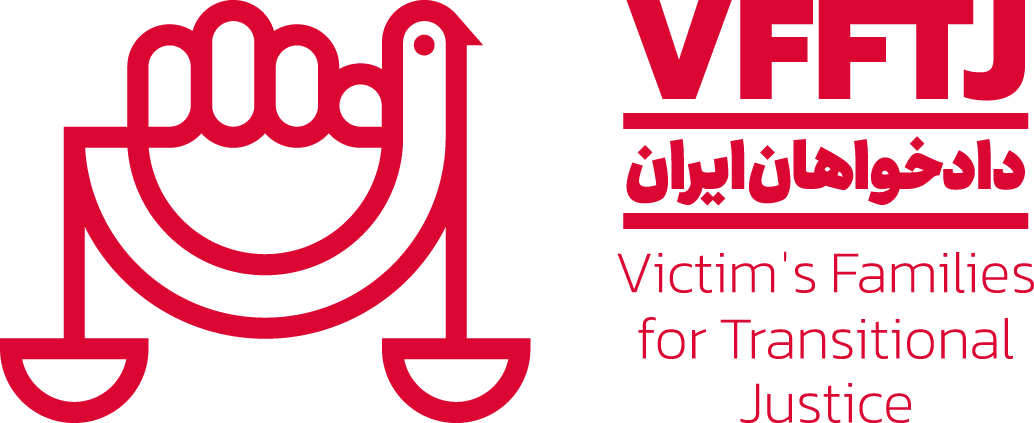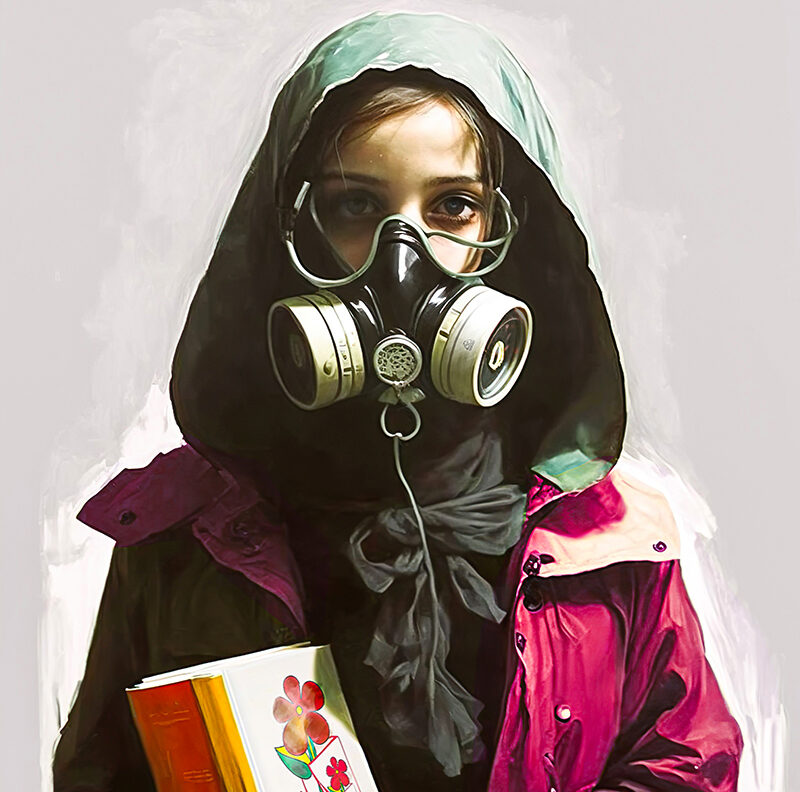To [xxxx]
I write as your constituent to request an investigation into the Islamic Republic of Iran’s suspected use of chemical substances, which are used to attack female pupils enrolled in schools throughout the country. Most of these serial poisonings have targeted female students, and analysts believe they are “orchestrated to punish girls” for their involvement in nationwide anti-regime protests. Several students have died because of the poisonings, and I am gravely concerned by this latest violation of human rights in Iran.
I urge you to call on the U.S. Permanent Representative to the Organization for the Prohibition of Chemical Weapons (OPCW) to request an on-site challenge inspection of affected Iranian facilities in accordance with Article IX of the Chemical Weapons Convention. The OPCW Secretary-General should establish a group of experts from the Technical Secretariat to examine all available evidence and data related to the school poisonings and submit a factual report to the Executive Committee on its findings.
Following the September 2022 death in custody of Mahsa Amini – a 22-year-old Iranian woman who the Islamic Republic’s morality police arrested for allegedly wearing her hijab incorrectly – nationwide protests broke out. These protests have revealed the strength of Iranian women, who are voicing their opposition to the Islamic Republic’s hijab laws and other inequalities. Women of all ages have shown great courage by participating in nationwide demonstrations, which have grown to include calls for regime change.
Iranian women have remained steadfast, but the regime’s human rights abuses have persisted, seeking to intimidate and silence further dissent by the school children. Thousands of protestors have been raped, arrested, and killed. Despite evidence to the contrary, Iranian officials often vehemently deny these injustices. The regime acts with gross disrespect for human rights and shrouds its abuses in secrecy, despite appeals from national and intergovernmental bodies, humanitarian organizations, and the people of Iran.
The Islamic Republic of Iran’s theocratic government enforces strict Islamic rule in the country and imposes restrictions, especially against women and girls, for their appearance and way of life. While it is permissive for girls to attend school and study, religious leaders have expressed the preference for girls to marry at an early age, stop studying, and focus on building a family.
The targeting of school-aged girls with widespread and systematic toxic poisoning attacks represents the Iran regime’s latest disregard for the rights and safety of women. On November 30, 2022, 18 female pupils from a school in Yazdanshahr, Qom, were reported to have suffered symptoms of poisoning. Similar events were detected in the following days, and incidents of poisoning have continued over the last four months, as reported by local and international media.
Reports indicate that in 305 (mostly girls’) schools across Iran, these gas attacks have been repeated and healthcare workers have provided medical treatment (mostly respiratory assistance) to over 13,600 affected students. These poisonings culminated in a massive increase around March, just before the Iranian New Year’s holiday. When schools re-opened in early April, the incidents of poisoning resumed. For instance, on April 4, seven girls at Salamat school in Qom were diagnosed with the symptoms of poisoning.
The Government of Iran has gone to great lengths to conceal the source of the poisonings and deflect responsibility for the attacks. Families have reported the deployment of Islamic Revolutionary Guard Corps forces to interfere with investigations, threatening doctors and nurses, and even collecting students’ blood samples. In March, Iran’s General Prosecutor announced the arrest of several individuals in relation to the attacks, though some were released after “receiving guidance,” as their actions were determined to be non-hostile. Most recently, Iran’s Intelligence Ministry released a statement on April 28 attributing the poisonings to mass hysteria, as well as the results of “stink bombs” and “pepper spray” released by mischievous students. Recently, scores of college students, who had protested against these gas attacks, have been called into the court, expelled from school for several semesters, and forced to exile to different universities.
Iran is one of the signatories of the Convention for the Prohibition of Chemical Weapons, having ratified and acceded to the Convention on November 3, 1997. Therefore, Iranian authorities are obligated to investigate any possible chemical attacks within their borders, to inform OPCW of the incidents and their findings, and to take every measure to stop the use of the prohibited substances.
OPCW’s research and findings have proven effective in past cases. By gathering biomedical and environmental samples, as well as interviewing casualties, treating physicians, and victims, international experts can properly assess the nature of the chemical attacks and their probable sources.
I strongly urge you to call on U.S. Permanent Representative to OPCW Joseph Manso to initiate a fact-finding mission in accordance with the steps prescribed in Article IX of the Chemical Weapons Convention.
1. The Permanent Representative should request the OPCW Executive Committee to obtain clarification from Iran regarding its possible non-compliance with the OPCW Convention.
2. Should the Permanent Representative find Iran’s clarification to be inadequate, ambiguous, or unsatisfactory, he should request the Executive Council to call on the OPCW Secretary General to establish a group of experts from the Technical Secretariat to conduct a challenge inspection within Iranian territory.
3. This group of technical experts should be granted authority to visit any facility or location under the jurisdiction and control of Iran with the sole purpose of resolving any questions concerning Iran’s compliance with the Chemical Weapons Convention. The inspection team should publish a final report detailing its factual findings, as well as an assessment of the degree and nature of the access and cooperation granted by Iranian authorities.
4. Should the Government of Iran deny, delay, or in any way obstruct the challenge inspection, U.S. Congress should impose strict sanctions, while calling on the United Nations, OPCW, and the international community to enforce appropriate financial and diplomatic penalties.
The Iranian regime or its agents may be poisoning innocent schoolgirls with toxic chemicals. Yet, the international community has failed to responsibly intervene in the face of horrible human rights abuses. Iran’s regime cannot be trusted to execute a credible investigation of the poisonings, or to share its findings with the victims, their families, and the international community. As a result, Congress must exercise its oversight authority of the Executive Branch and demand that OPCW takes appropriate action. To delay is to tolerate continued attacks on a vulnerable and deeply oppressed segment of Iranian society.
Respectfully Submitted






